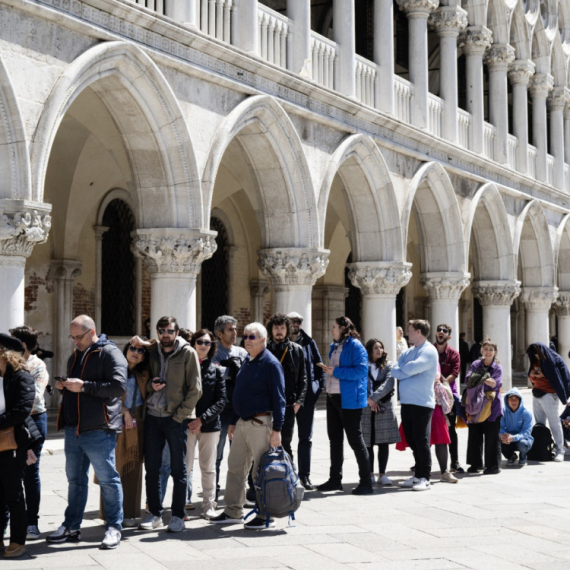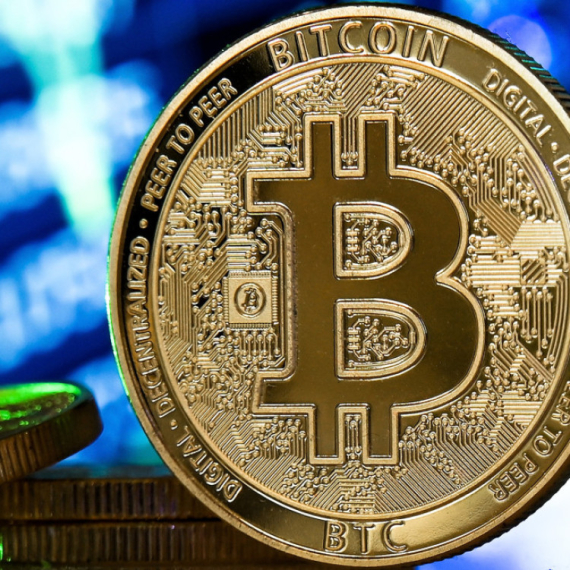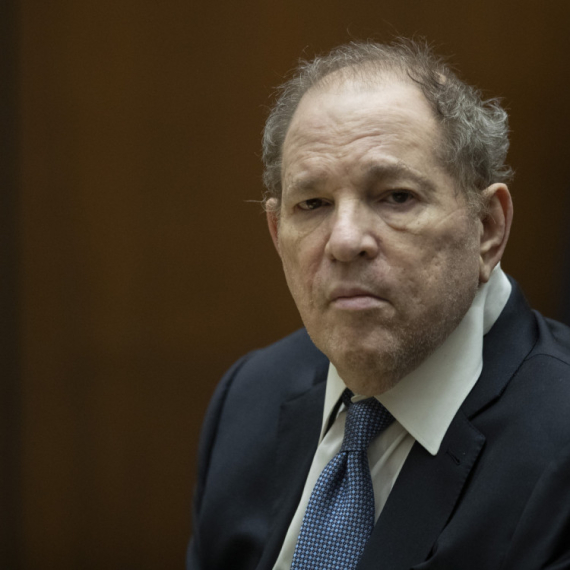Jelašić resignation could affect cabinet?
Economist Ivan Nikolić said that the resignation of Radovan Jelašić as NBS governor could affect the government if his replacement came from a different party.
Wednesday, 24.03.2010.
10:42

Economist Ivan Nikolic said that the resignation of Radovan Jelasic as NBS governor could affect the government if his replacement came from a different party. Jelasic is a member of Mladjan Dinkic's G17 Plus. Jelasic resignation could affect cabinet? “The change of governors alone carries political risk with it, since the position was reserved for G17 plus up until now, we will see who will be proposed, because if it is a DS candidate, we do not know what the stance of G17 plus will be and whether it will affect the Serbian government,” Nikolic told B92. He said that behind Jelasic’s stated personal reasons for leaving, there could be pressures from businesspeople and politicians hiding as well. “We had pressure related to the decreasing value of the dinar. Some came from business community, mostly those who are oriented towards imports or those who invested too much, since they took out loans in euros. Of course, they place products here and earn in dinars, and because of the decrease of the value of the dinar they have entered a difficult situation. There was also pressire from politicians, that is, from some ministers. It is hard to tell whether they were speaking in their own names or in the names of these businesspeople,” Nikolic said. After the initial surprise in the wake of the resignation announcement, the focus was on the issue of the name of the new governor, and whether they would bring changes to the monetary policy, especially in relation to the dinar’s value. President of the NBS Council Dejan Soskic told B92 that there would be no changes to the monetary policies. Nikolic believes this is true, considering the fact that Serbia has obligated itself to various measures with its arrangement with the International Monetary Fund (IMF). “On the other hand, the state has great problems regarding the exchange rate and settling the tax payers. I hope that this will not mean any very radical changes in the monetary policy, such as a relaxation of that policy, which is what some businesspeople are looking for, interventions in the foreign reserve, to use it, for example, for approving loans, or industry interventions,” he said. After the news that Jelasic had resigned became public, the dinar’s value decreased by RSD 0.24, and the NBS intervened by selling EUR 40mn on the inter-bank foreign market on Tuesday. The official rate of the euro on Wednesday will be RSD 99.74 for one euro.
Jelašić resignation could affect cabinet?
“The change of governors alone carries political risk with it, since the position was reserved for G17 plus up until now, we will see who will be proposed, because if it is a DS candidate, we do not know what the stance of G17 plus will be and whether it will affect the Serbian government,” Nikolić told B92.He said that behind Jelašić’s stated personal reasons for leaving, there could be pressures from businesspeople and politicians hiding as well.
“We had pressure related to the decreasing value of the dinar. Some came from business community, mostly those who are oriented towards imports or those who invested too much, since they took out loans in euros. Of course, they place products here and earn in dinars, and because of the decrease of the value of the dinar they have entered a difficult situation. There was also pressire from politicians, that is, from some ministers. It is hard to tell whether they were speaking in their own names or in the names of these businesspeople,” Nikolić said.
After the initial surprise in the wake of the resignation announcement, the focus was on the issue of the name of the new governor, and whether they would bring changes to the monetary policy, especially in relation to the dinar’s value.
President of the NBS Council Dejan Šoškić told B92 that there would be no changes to the monetary policies.
Nikolić believes this is true, considering the fact that Serbia has obligated itself to various measures with its arrangement with the International Monetary Fund (IMF).
“On the other hand, the state has great problems regarding the exchange rate and settling the tax payers. I hope that this will not mean any very radical changes in the monetary policy, such as a relaxation of that policy, which is what some businesspeople are looking for, interventions in the foreign reserve, to use it, for example, for approving loans, or industry interventions,” he said.
After the news that Jelašić had resigned became public, the dinar’s value decreased by RSD 0.24, and the NBS intervened by selling EUR 40mn on the inter-bank foreign market on Tuesday.
The official rate of the euro on Wednesday will be RSD 99.74 for one euro.























































Komentari 5
Pogledaj komentare